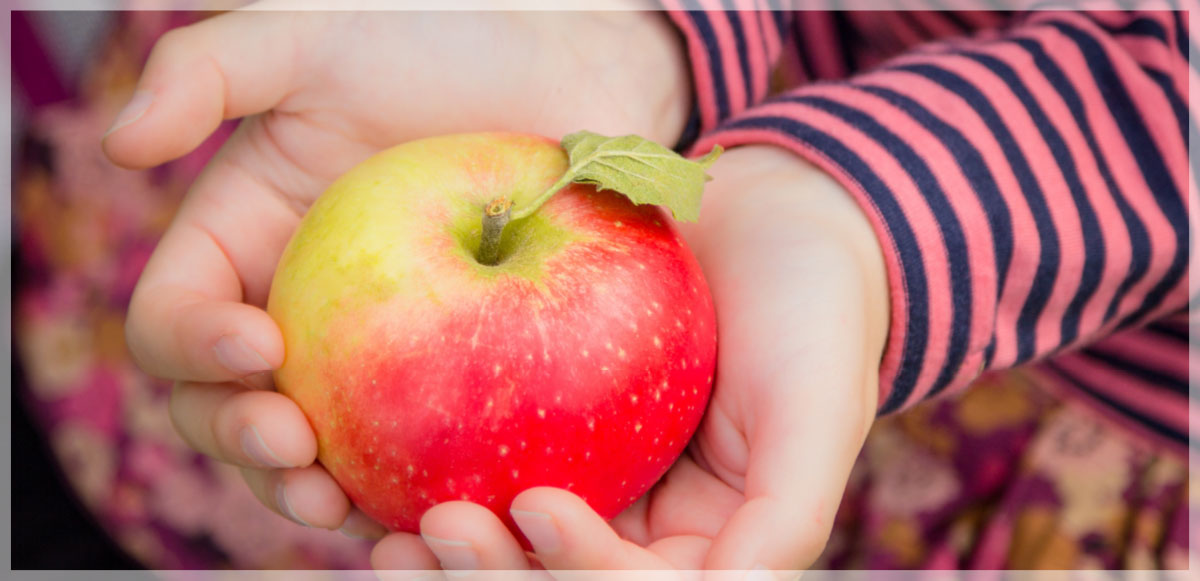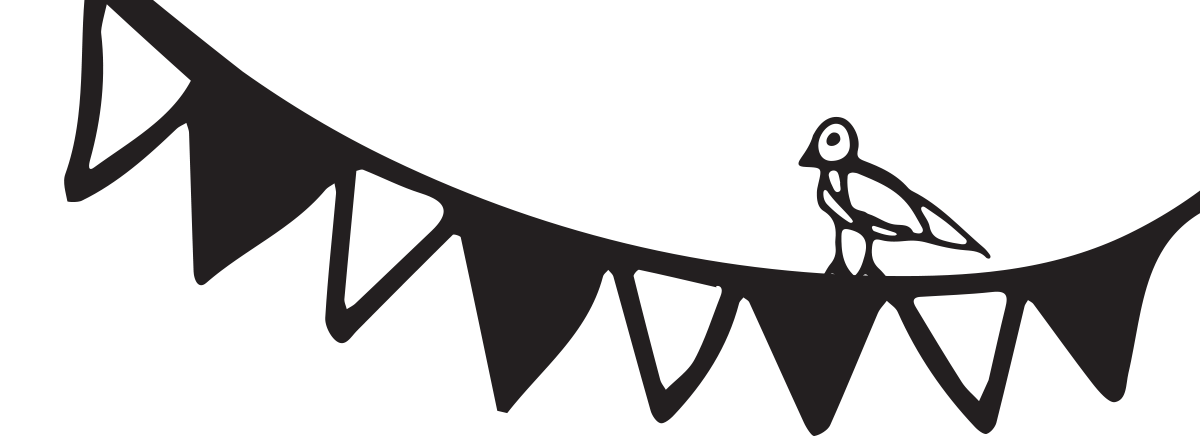
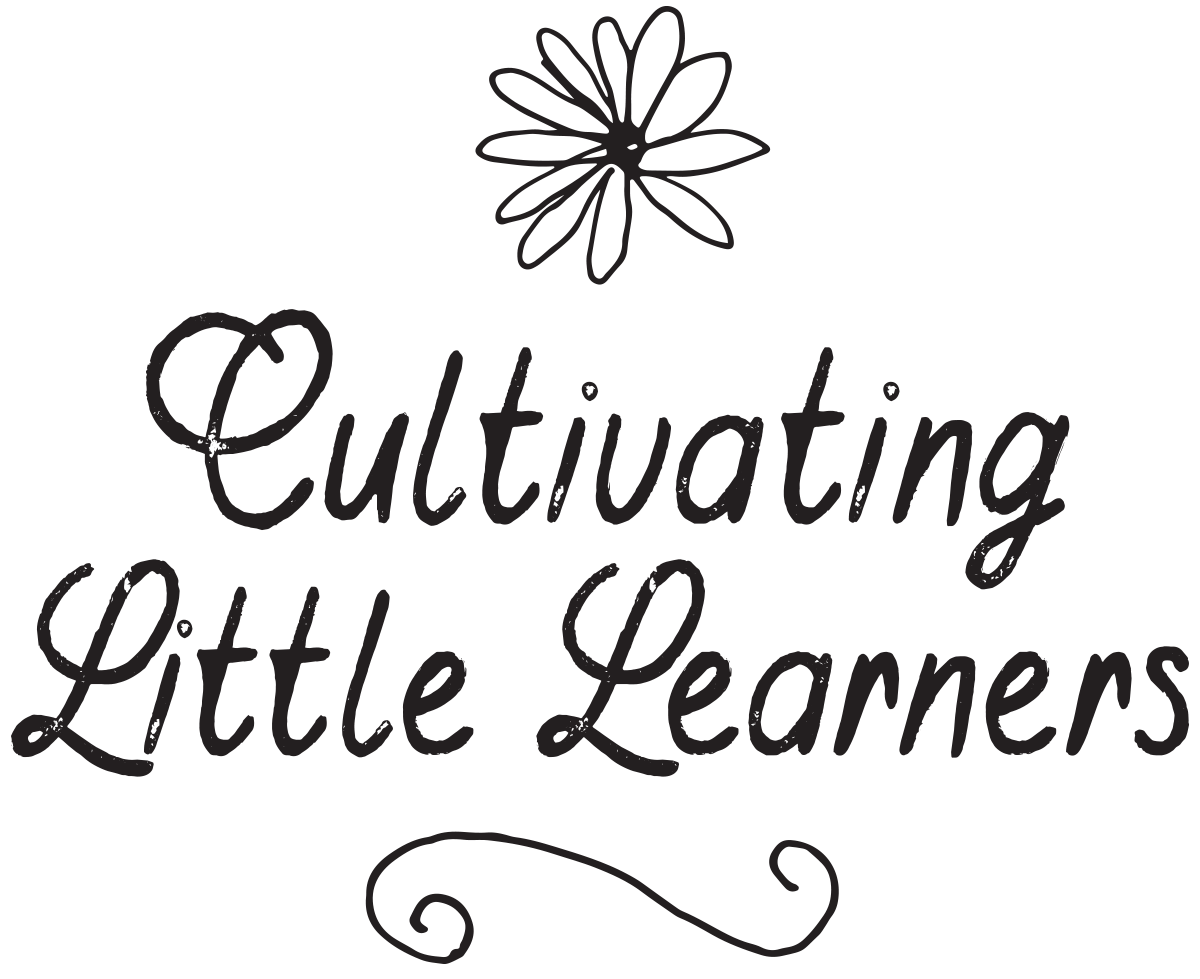
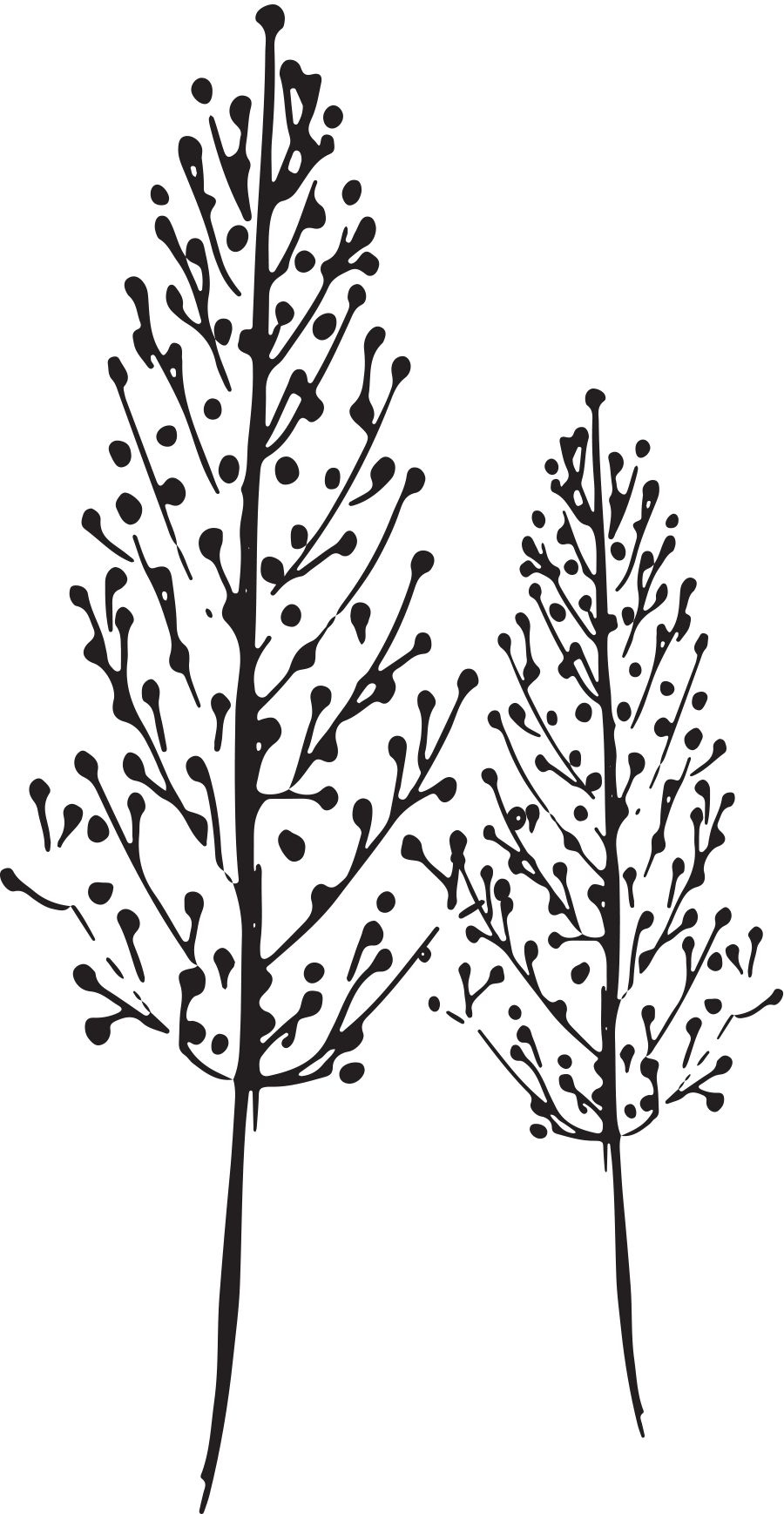

“Mom, how did all of the animals get their names?”
Phew, this is an easy one. You inform your bright-eyed girl that God asked Adam to name all of the animals and Adam did. Without missing a beat there is another question.
“Mom, how fast does a hummingbird fly?”
This one is a little harder. What would we do without Google? You take another sip of coffee while grabbing your phone.
With confidence you answer, “61 miles per hour!”
It is only 8 a.m., and you feel as if you have stepped onto the set of Jeopardy. Suddenly, your brain begins to swirl with your own questions and doubts. You silently ask yourself if you are capable of schooling this curious girl all by yourself. During naptime you scour the internet for a curriculum for your three year old. Surely, you need a curriculum to know what to teach her and how to answer all of her questions.
You don’t.
For the most part, children under the age of seven take their information in through concrete sensory experiences. These early, hands-on experiences stimulate the brain and form the synapses your child will need for higher level learning, readying it for the abstract concepts that will be mastered in the later elementary years and beyond. One of our favorite sayings is, “If it hasn’t been in the hand, it won’t be in the brain.” It may be more efficient to hand children workbooks if you are educating them in batches, but you have the luxury of crafting your child’s learning experience in a much more organic manner.
For example, you are cutting up an apple for your daughter’s snack. You decide to use this opportunity to teach her a little more about apples. There are many great ways to do that.
- Show her the star that is formed when you cut the apple (math: shapes)
- Have a tasting with several different types of apples and invite her to describe the taste. Is it sweet or sour? (science & language)
- Count the seeds (math), plant the seeds, and watch them sprout (science)
- Cook the apple and make applesauce, an apple pie, or fried apples (science, math, language)
- Use an apple slicer and show your daughter how one apple is also eight pieces and eight pieces is one apple (math: fractions)
Isn’t it amazing how many concepts and skills your daughter can learn from a simple snack time? If you take this approach as you shop, play, cook, clean, and explore with your children, you will quickly see that everyday life is the best teacher for their young minds.
When our book, The Homegrown Preschooler, was released, Lesli was telling her hairstylist about the accomplishment. A little old lady picked up our book, flipped through it, and huffily slammed it down on the counter. Lesli looked at her with surprise as she said, “I don’t know why you had to go and write a book about all that. In my day they just called that being a mother.” She was exactly right! It is through mothering your children with hospitality of self, spending your days listening and learning with them, and being willing to let them truly engage with all of the things happening around them, that your child will build the foundation for their later education.

This “mothering” takes boldness in today’s culture. There is an app, workbook, or commercial everywhere you look that pushes paper and pencil concepts on young children who have not even developed the fine motor skills to hold a pencil properly. Many well-meaning companies have created watered-down elementary curriculum for preschoolers as they try to convince parents to buy into this idea that earlier is better. But honestly, science just does not bear that out, and actually more and more studies show that the pencil and paper should be held off until the brain is done with some vital construction. So lean into your God-given intuition and silence the outside voices. Trust yourself and the way that God has hard-wired you to be the expert on your child and how they learn.
The primary reason we started The Homegrown Preschooler was to teach parents to use play as the focus of teaching concrete concepts in the early years. A Year of Playing Skillfully and A Summer of Playing Skillfully were written after parents asked us to create a playful plan for them to follow so they would not get trapped by the earlier-the-better propaganda. In his book, The Wisdom of Play, David Elkind states, “When we appreciate the important role play serves in a child’s learning about self and world, we give children the time and opportunity to engage in the self-initiated play that is the surest way for them to fully realize all of their intellectual, emotional, and social potential.” I think we all would say that our goal for our children is for them to fully realize their potential and to live their life as adults being who God intended them to be.
Teaching through play is allowing your young children to experience the world through discovery and wonder. It is taking the time to stop and let them explore the butterfly, jump in the mud puddle, ponder the question, and touch the mud. It is encouraging the use of their senses: tasting, touching, smelling, looking, and hearing the world around them. It doesn’t take a lot of equipment or money, but it does take time and patience.
As a playful parent, your role is that of facilitator. You are in control of the environment. You set up invitations to play for your child. You help your child find the answers to their questions. You lead by example. You are present.
Lesli has struggled with this and has learned to be more intentional over the years. The fact is that we ALL need to play. We all have our preferred games—some of us like board games, some of us like sports, some of us play intellectually. An excellent resource for learning about play styles is the book Play: How it Shapes the Brain, Opens the Imagination, and Invigorates the Soul by Stuart Brown, M.D. Identify your play style and that of your child. Do they intersect at all? The good news is that we are not asking you to play with your child all the time. We are asking you to allow your child to play, to discover, to explore. We are asking you to say yes to experiences and imagination. We are asking you to say yes to resisting culture’s demands of worksheets and bureaucracy for the toddler set.
One of the best things that we have done in our homeschool is ask our children what they want to learn about and keep a running list of their interests. Post this inspiring printable on your fridge where you and your child can record things that they would like to know more about. And while you are at it, in the interest of life-long learning, keep a list for yourself too!
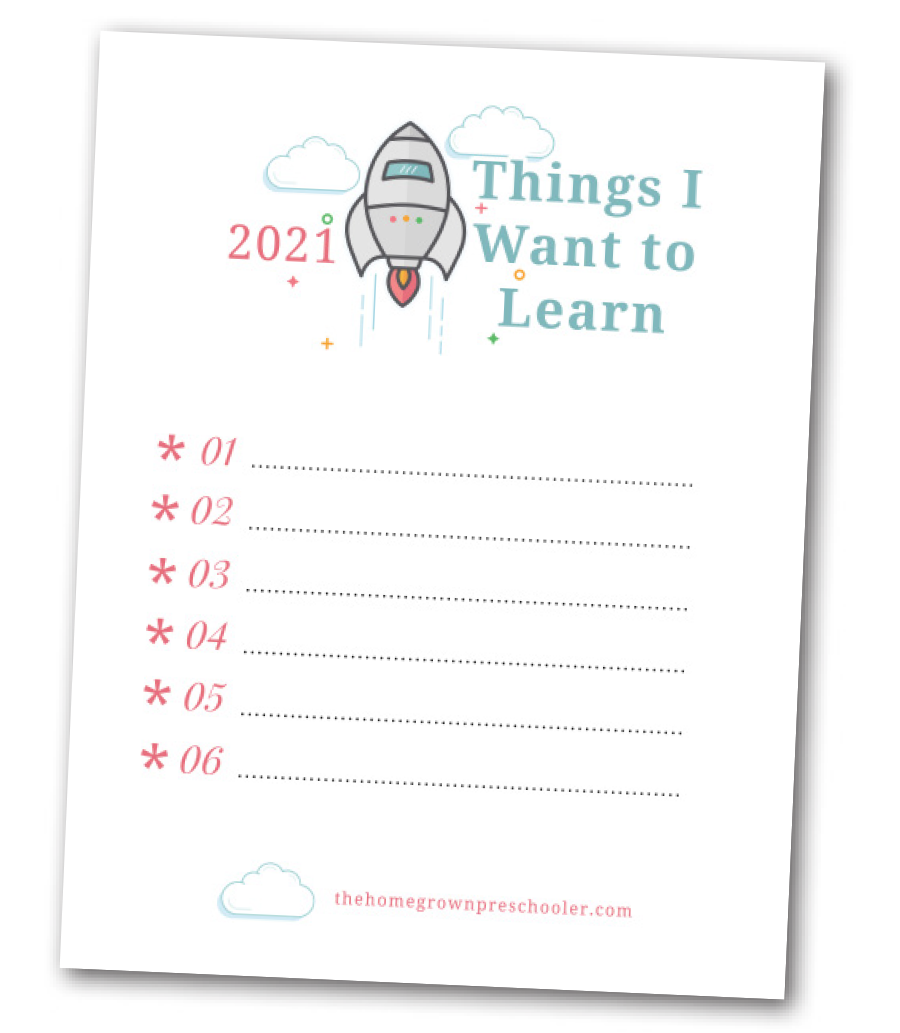
“If we love our children and want them to thrive, we must allow them more time and opportunity to play, not less. Yet policymakers and powerful philanthropists are continuing to push us in the opposite direction—toward more schooling, more testing, more adult direction of children, and less opportunity for free play”
—Dr. Peter Gray
psychologist, research professor, & author
